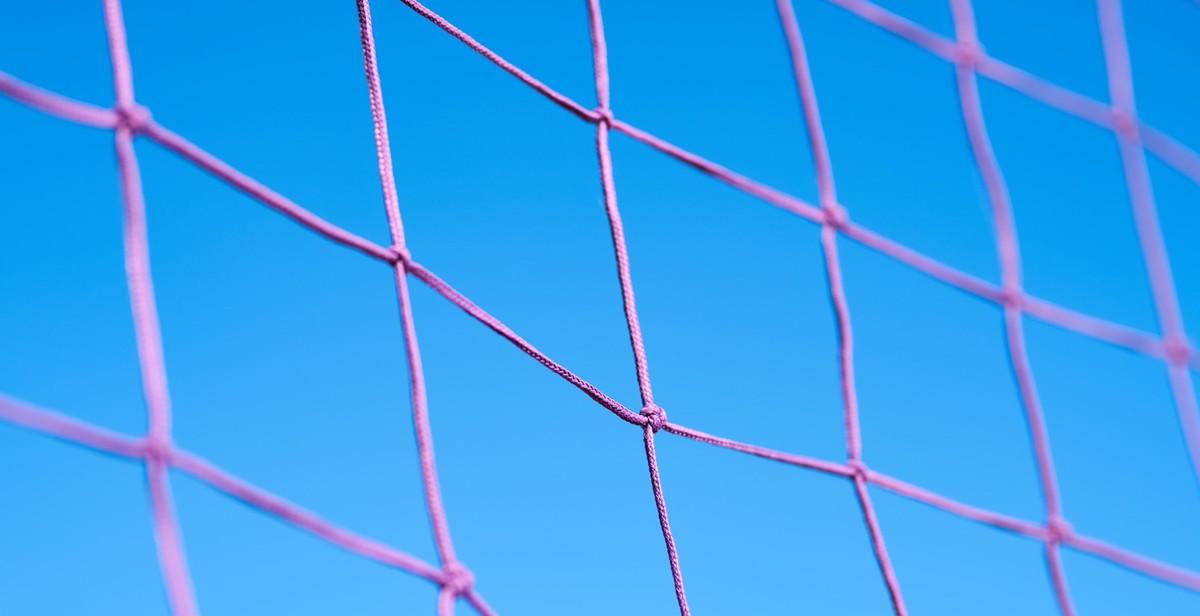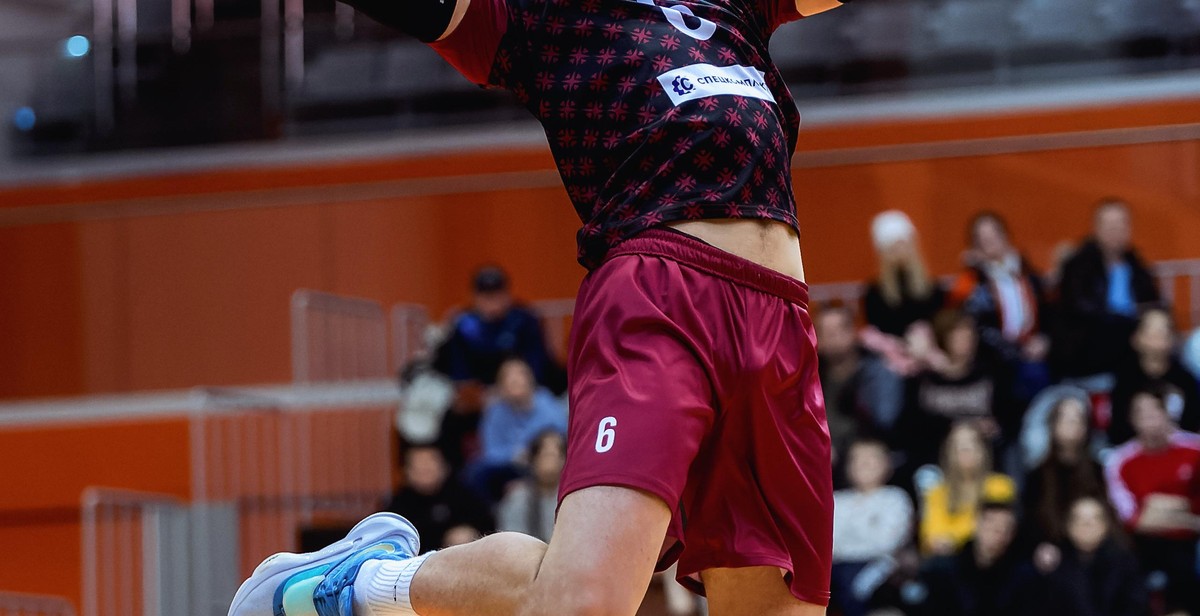How to Dig a Volleyball: Strategies and Techniques for Successful Defensive Plays
As a long-time volleyball player and coach, I know firsthand the importance of a strong defensive game. One of the most crucial skills for any defensive player is the ability to dig the ball, or prevent it from hitting the ground on your team’s side of the court. Digging requires a combination of quick reflexes, good footwork, and sound technique.
In this article, I’ll be sharing some of my top strategies and techniques for successful digging in volleyball. Whether you’re a beginner just learning the basics, or an experienced player looking to fine-tune your skills, these tips will help you improve your defensive game and become a more valuable asset to your team.
Topics Covered in this Article:
- Why digging is important in volleyball
- The basic principles of digging
- Footwork and positioning for effective digs
- Techniques for digging different types of shots
- Drills and exercises to improve your digging skills
Whether you’re a libero, a middle blocker, or a back-row player, mastering the art of digging will help you make more successful defensive plays and contribute to your team’s success. So let’s dive in and start learning how to dig a volleyball!

Understanding the Basics of Volleyball Digging
If you’re new to volleyball, you may be wondering what exactly a “dig” is. In simple terms, a dig is a defensive move used to keep the ball in play after it has been spiked by the opposing team. It involves diving or sliding to the ground to make contact with the ball and send it back over the net.
Why is Volleyball Digging Important?
Digging is a crucial aspect of volleyball, as it can prevent the opposing team from scoring points. Without good defensive plays, it’s unlikely that a team will be able to win a game. Additionally, digging can help to build momentum and boost team morale, as it shows that players are willing to put in the effort to keep the ball in play.
Who Should Dig the Ball?
In general, defensive specialists and liberos are responsible for digging the ball. These players are typically shorter and more agile than other players on the team, making them better equipped to make quick movements and get low to the ground. However, all players on the team should be prepared to dig the ball if needed.
It’s also important to note that communication is key when it comes to digging. Players should be aware of their positions on the court and be ready to call out the ball if it’s heading towards them. This can help to prevent collisions and ensure that the ball is successfully dug.
Overall, understanding the basics of volleyball digging is essential for any player who wants to excel on the court. By practicing defensive moves and communicating effectively with their teammates, players can work together to keep the ball in play and score points.

Techniques for Successful Volleyball Digging
As a seasoned volleyball player, I have learned that successful digging is a combination of proper body positioning, mastering footwork, developing quick reflexes, timing, and using your arms and hands effectively. Here are some techniques that can help you improve your digging skills:
Proper Body Positioning
Proper body positioning is crucial in successful digging. To begin, you should stand with your feet shoulder-width apart and your knees slightly bent. Keep your weight on the balls of your feet, and lean forward slightly to be ready to move in any direction. This position will help you move quickly and maintain balance while you dig the ball.
Mastering the Art of Footwork
Footwork is essential in digging, and mastering it can help you get to the ball faster. Start by taking small, quick steps to move your body into position. Be sure to keep your feet parallel to each other, and avoid crossing your legs, which can lead to loss of balance and slower movements.
Developing Quick Reflexes
Quick reflexes are necessary when it comes to digging. You need to be able to react quickly to the ball, which means you must train your body to respond quickly. Some drills that can help you develop quick reflexes include reaction ball drills and shadow drills.
Timing is Key
Timing is everything in volleyball, and it is especially important in digging. You need to be able to anticipate where the ball is going and be in the right position when it arrives. Practice reading your opponent’s movements and the ball’s trajectory to improve your timing.
Using Your Arms and Hands Effectively
Finally, using your arms and hands effectively is crucial in successful digging. Keep your arms straight and your hands together to form a platform. When the ball comes, use your platform to absorb the impact and direct the ball to your target.
| Proper Body Positioning | Mastering the Art of Footwork | Developing Quick Reflexes | Timing is Key | Using Your Arms and Hands Effectively |
|---|---|---|---|---|
| Stand with feet shoulder-width apart | Take small, quick steps | Practice reaction ball drills | Anticipate where the ball is going | Form a platform with your arms and hands |
| Knees slightly bent | Keep feet parallel to each other | Try shadow drills | Read your opponent’s movements | Absorb the impact of the ball |
| Lean forward slightly | Avoid crossing your legs | Direct the ball to your target |

Strategies for Effective Volleyball Digging
Digging is an essential part of volleyball defense. It can be challenging to dig a powerful spike, but with the right strategies and techniques, it can be done effectively. Here are some strategies for successful volleyball digging:
Anticipating the Opponent’s Attack
One of the most critical strategies for effective volleyball digging is anticipating the opponent’s attack. By studying the opponent’s tendencies and observing their hitting patterns, you can anticipate where the ball will go and position yourself accordingly. This will give you a better chance of being in the right place at the right time to make a successful dig.
Reading the Hitter’s Body Language
Another crucial strategy for successful volleyball digging is reading the hitter’s body language. By paying attention to the hitter’s approach and arm swing, you can predict where the ball will be hit and adjust your positioning accordingly. This will help you get into the right position to make a successful dig.
Communication is Key
Effective communication is essential in volleyball defense. By communicating with your teammates, you can ensure that everyone is on the same page and positioned correctly. This will help you defend the court more effectively and increase your chances of making a successful dig.
Working as a Team
Finally, working as a team is crucial for successful volleyball digging. By working together and covering each other’s positions, you can ensure that the court is defended effectively. This will give you a better chance of making a successful dig and winning the point.
| Strategy | Description |
|---|---|
| Anticipating the Opponent’s Attack | Study the opponent’s tendencies and observe their hitting patterns to anticipate where the ball will go and position yourself accordingly. |
| Reading the Hitter’s Body Language | Pay attention to the hitter’s approach and arm swing to predict where the ball will be hit and adjust your positioning accordingly. |
| Communication is Key | Communicate with your teammates to ensure everyone is on the same page and positioned correctly. |
| Working as a Team | Work together and cover each other’s positions to defend the court effectively. |
By following these strategies for effective volleyball digging, you can increase your chances of making successful defensive plays and winning points for your team.

Tips for Improving Your Volleyball Digging Skills
Learning how to dig a volleyball requires consistent practice and dedication. Here are some tips to help you improve your digging skills:
Practice, Practice, Practice!
The more you practice, the better you will become at digging. Set aside time to practice your digging skills daily. Start with easy drills and gradually increase the difficulty level. Aim to practice with a partner or a team to simulate game situations.
Get Feedback from Coaches and Teammates
Feedback is crucial in improving your volleyball skills. Ask your coaches and teammates to watch your technique and provide feedback. Take their advice seriously and work on improving your weaknesses.
Watch Professional Volleyball Players
Watching professional volleyball players can give you great insights into proper digging techniques. Observe their footwork, body positioning, and arm movements. Try to replicate their techniques during practice sessions.
Stay Positive and Confident
Confidence is key when it comes to volleyball. Stay positive and believe in yourself. Visualize yourself making successful digs and focus on your strengths. Remember, mistakes are part of the game, so learn from them and move on.
By following these tips, you can improve your volleyball digging skills and become a valuable asset to your team.

Conclusion
Digging a volleyball is a crucial skill for any defensive player. It requires a combination of technique, strategy, and quick reflexes. By following the strategies and techniques discussed in this article, you can improve your digging skills and become a more effective player on the court.
Remember the Fundamentals
It’s important to remember the fundamentals of digging. Always keep your eyes on the ball, stay low, and use your legs to move quickly and efficiently. Focus on getting your platform in the right position, and use your arms to absorb the impact of the ball.
Develop Your Strategy
Developing a strategy for digging can help you anticipate where the ball is going and position yourself accordingly. Pay attention to the opposing team’s hitters and their tendencies, and adjust your positioning and movements accordingly. Work with your teammates to develop a cohesive defensive strategy.
Practice, Practice, Practice
As with any skill, practice is key to improving your digging abilities. Spend time working on your technique, and practice different scenarios and situations. Work with your teammates and coaches to get feedback and make adjustments as needed.
Conclusion
By focusing on the fundamentals, developing a strategy, and practicing regularly, you can become a more effective defensive player. Remember to stay focused, stay low, and always be ready for the ball. With dedication and hard work, you can master the art of digging and become a valuable asset to your team.
